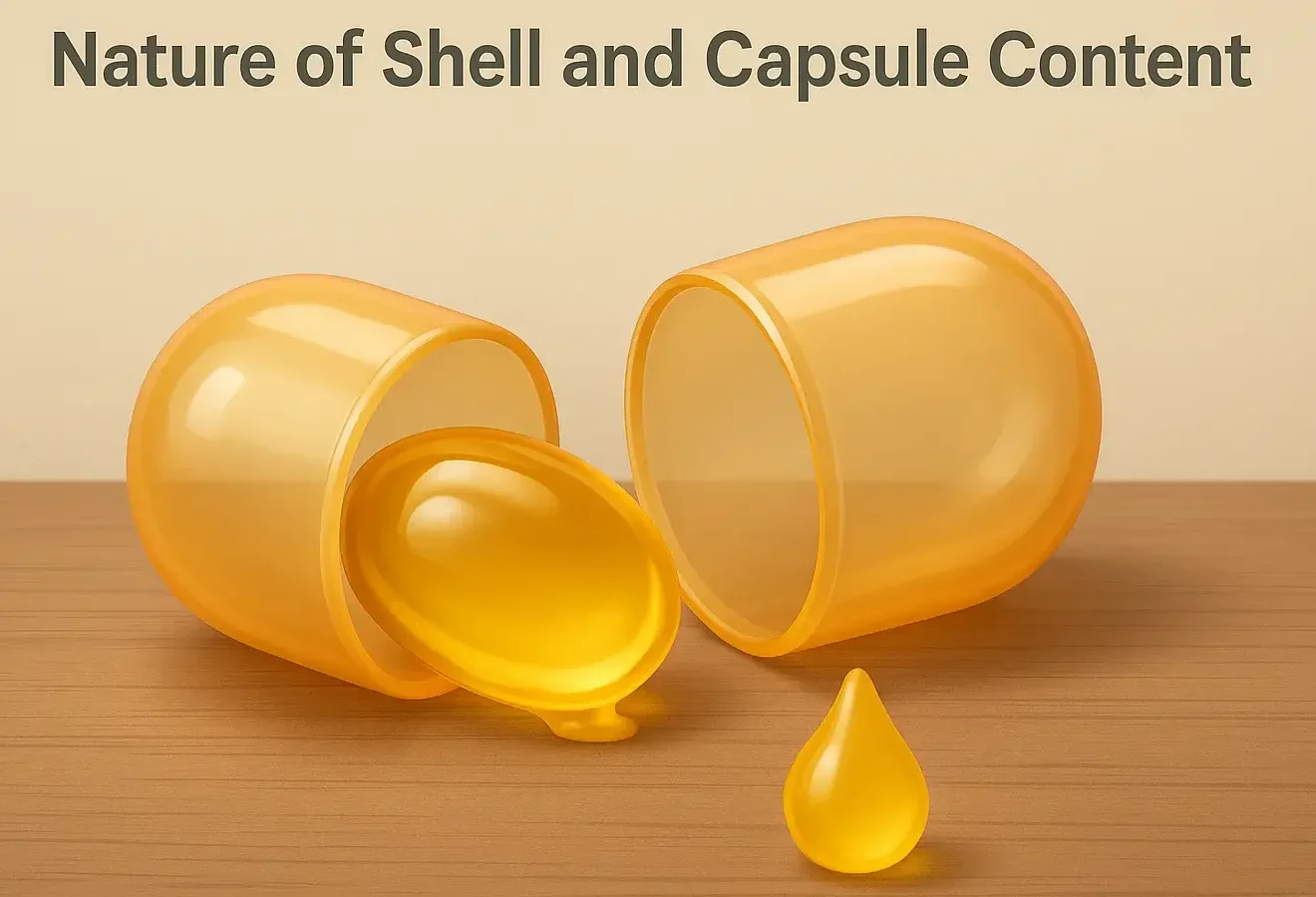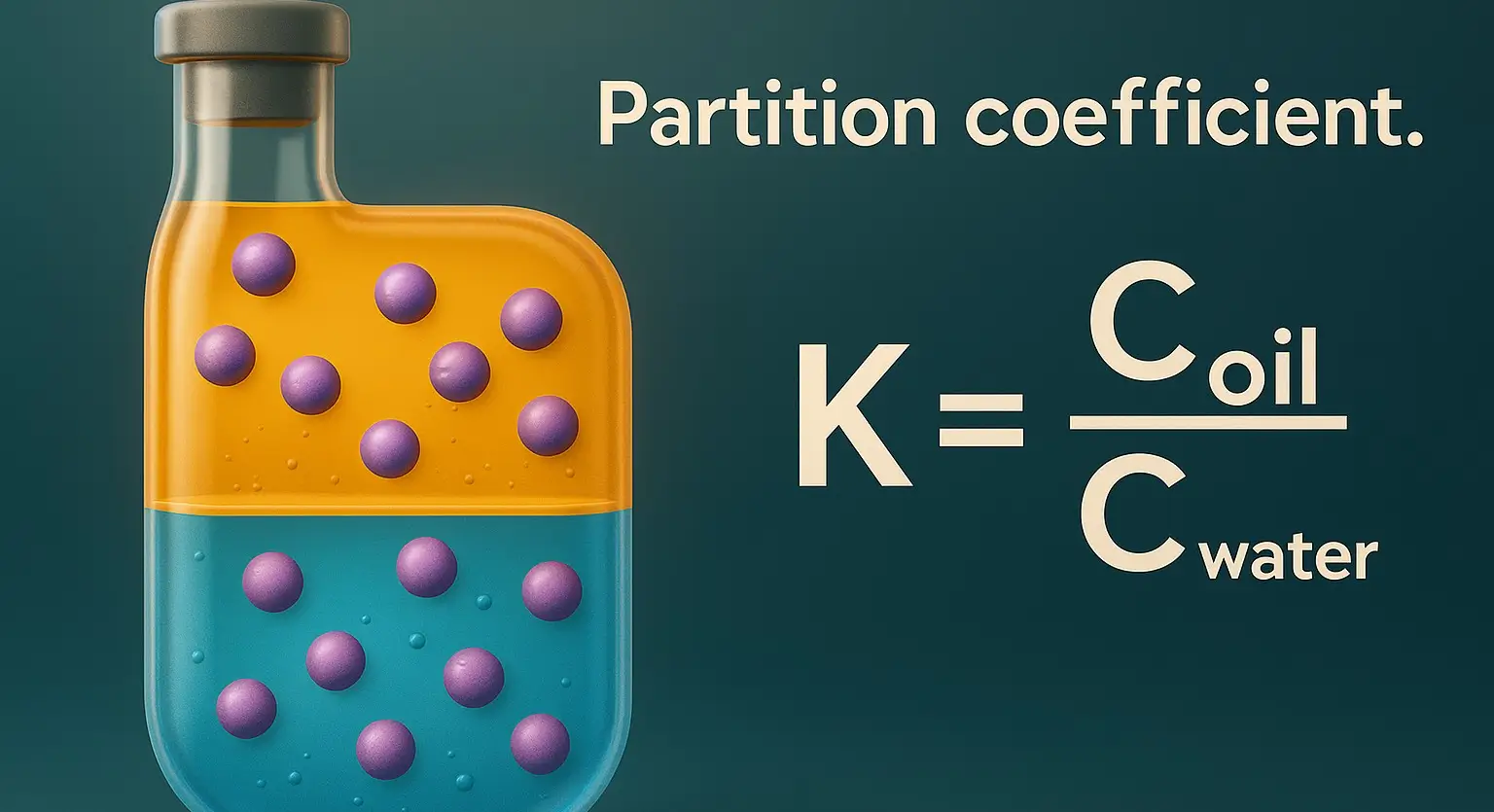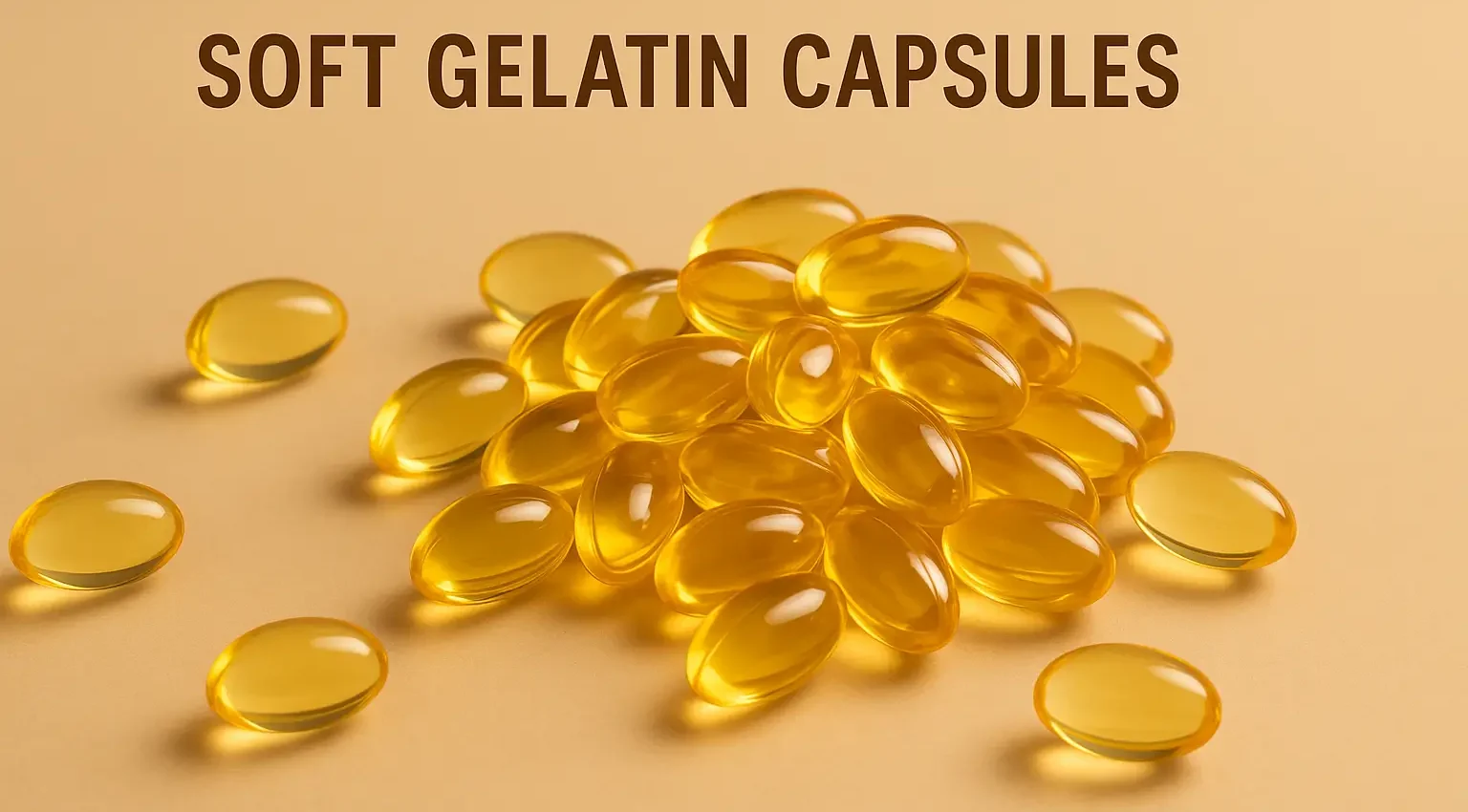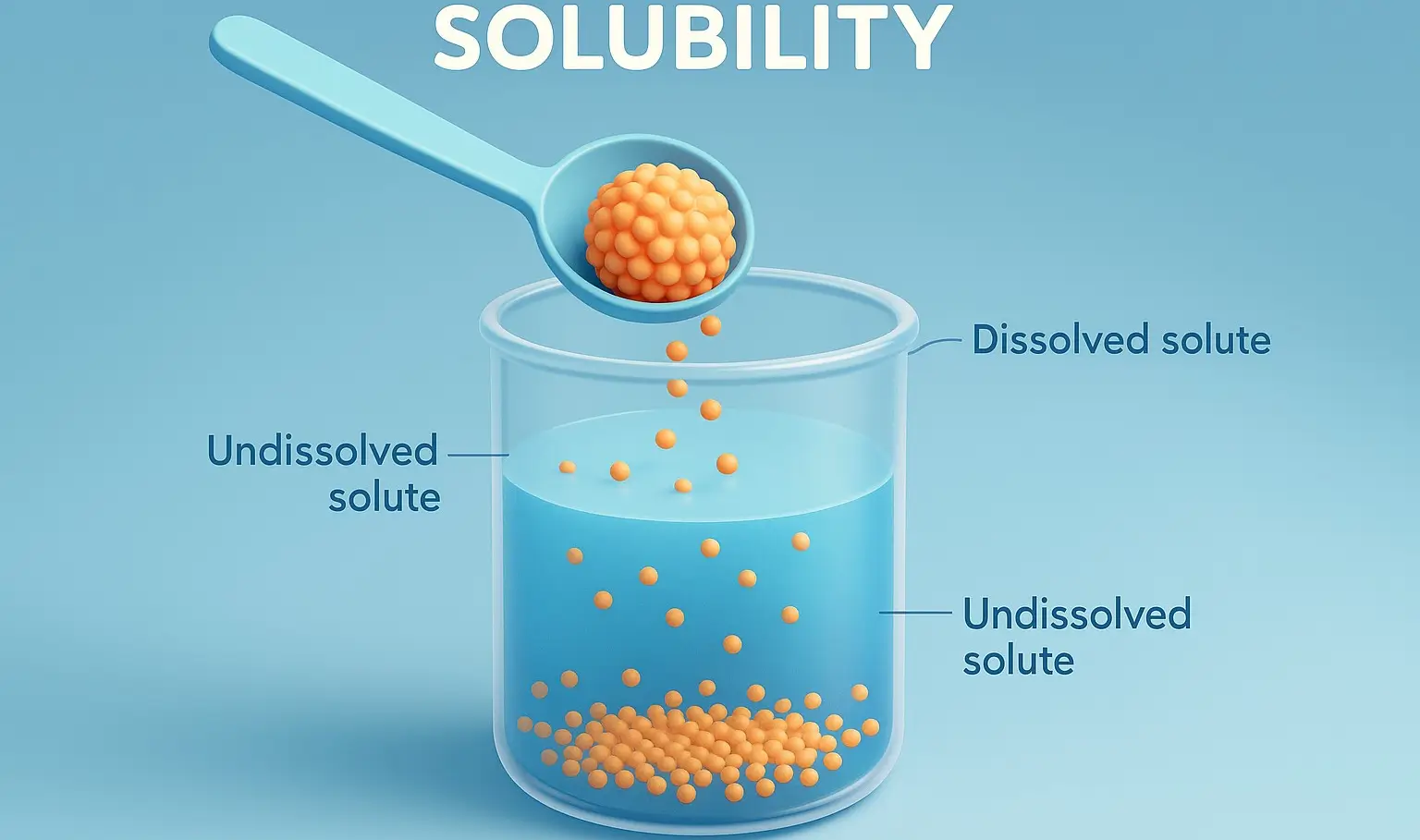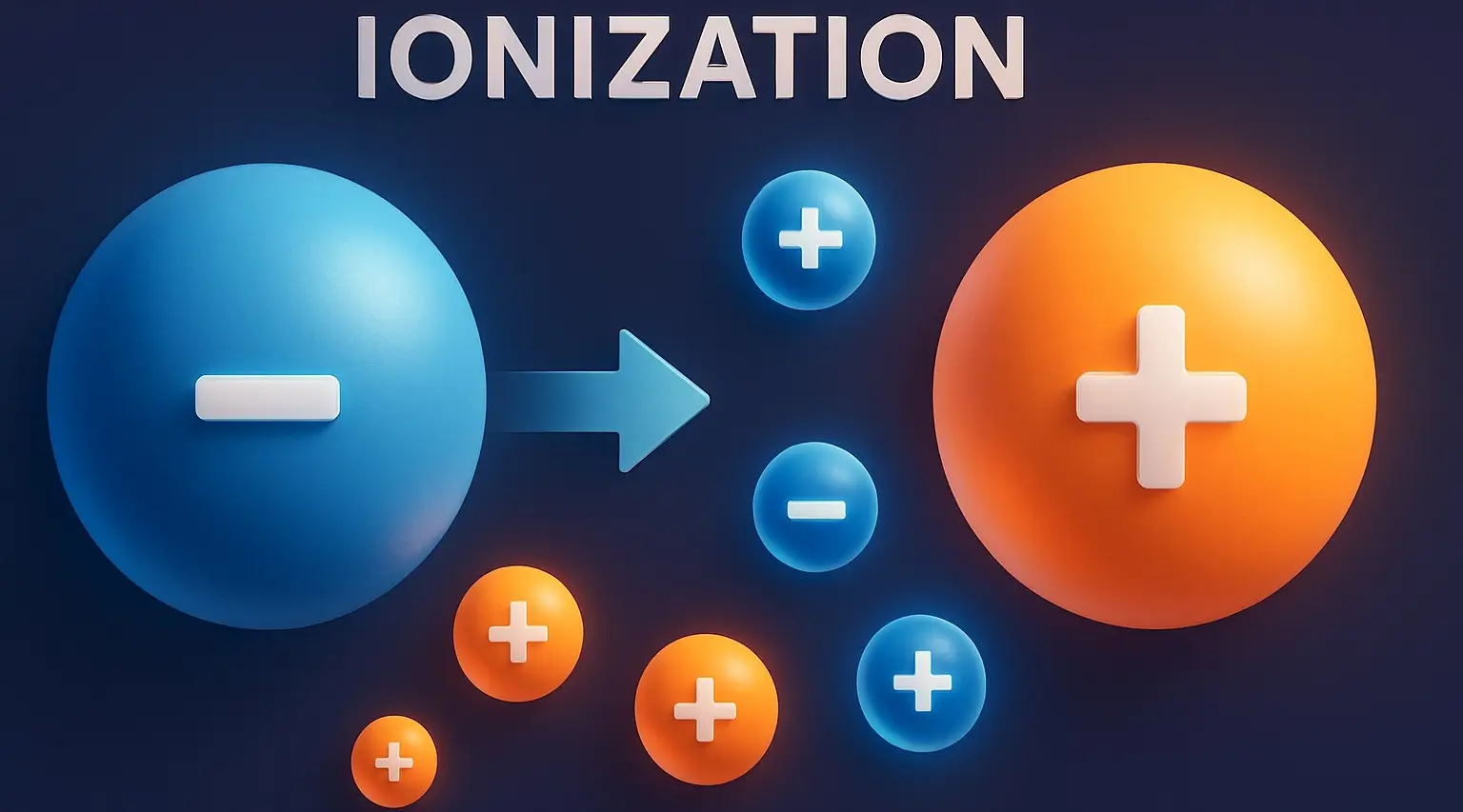Chelation
Chelation Definition: Chelation is the formation of complexes between drugs and metal ions (e.g., Ca²⁺, Fe³⁺, Mg²⁺). Importance in Drug Action: Drug Absorption: Chelating with dietary minerals reduces absorption (e.g., tetracyclines + calcium). Toxicity Management: Chelating agents are used to remove heavy metals (e.g., lead, arsenic). Stability: It can enhance or reduce drug stability in … Read more





